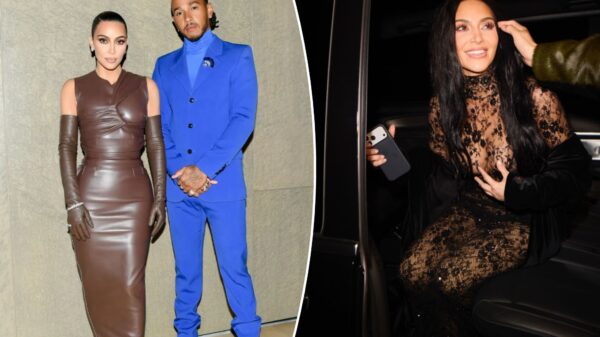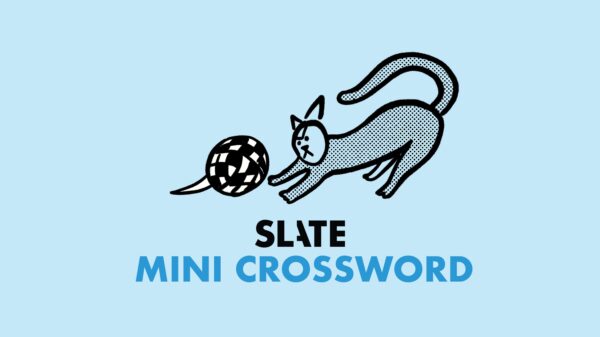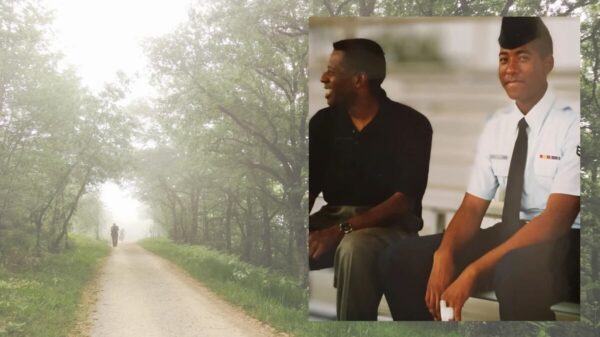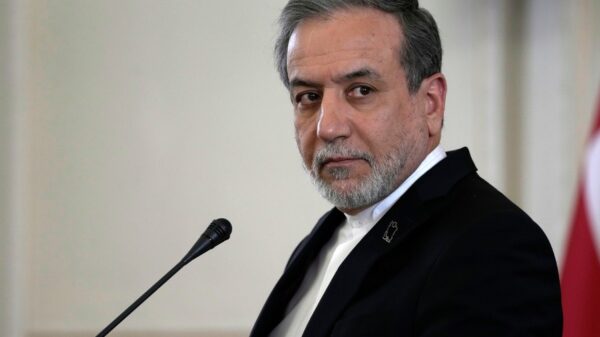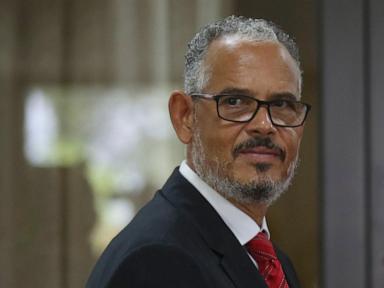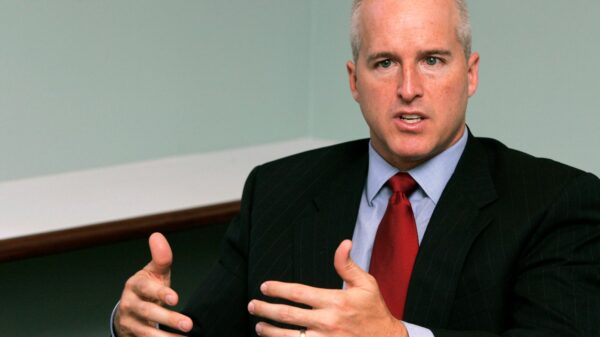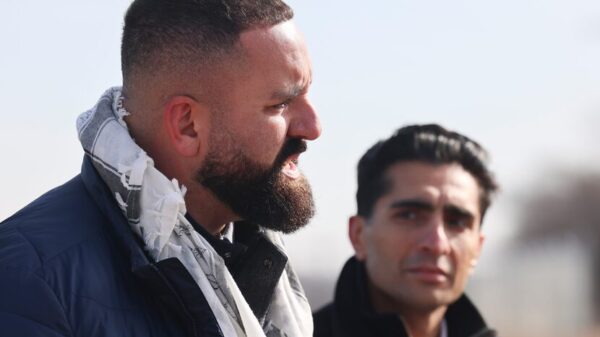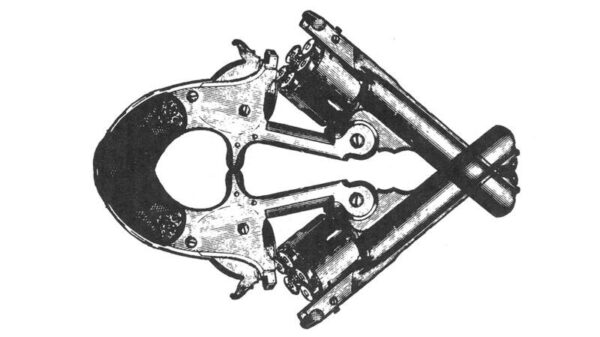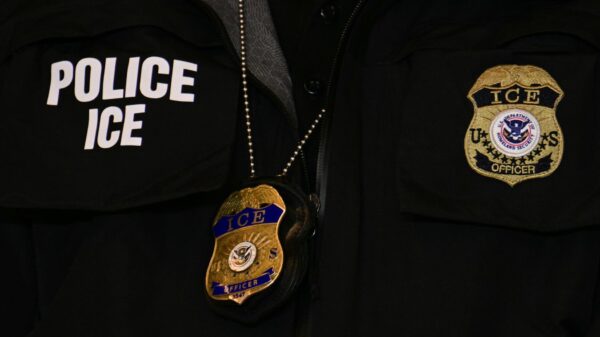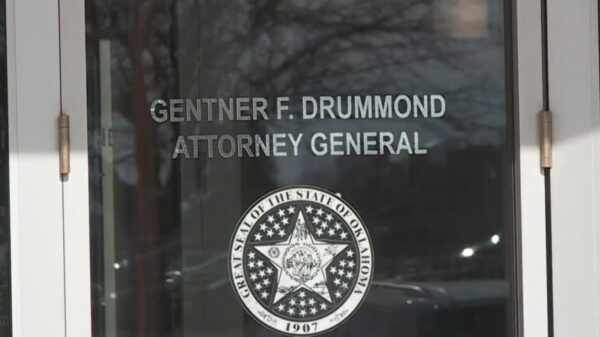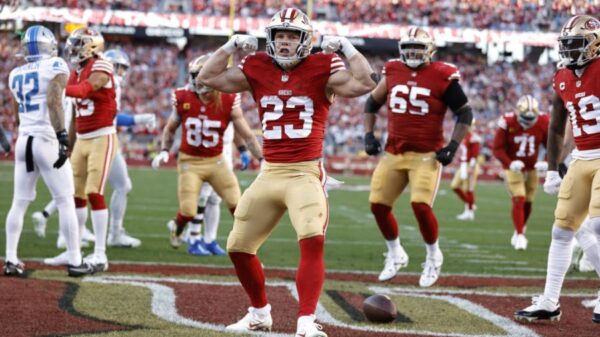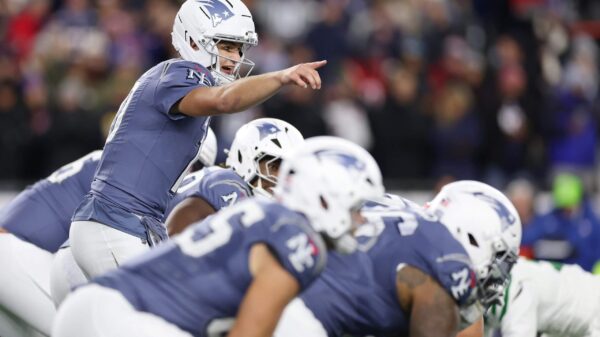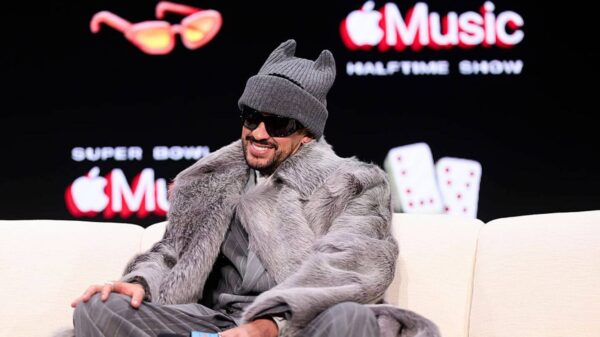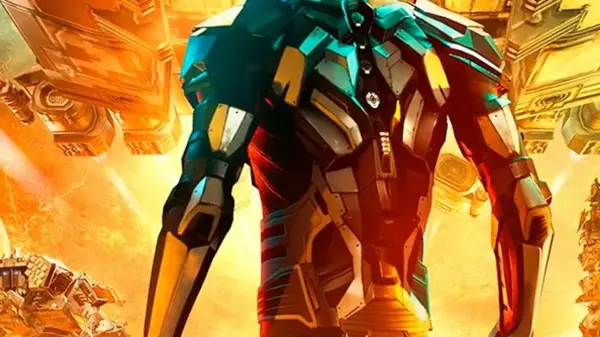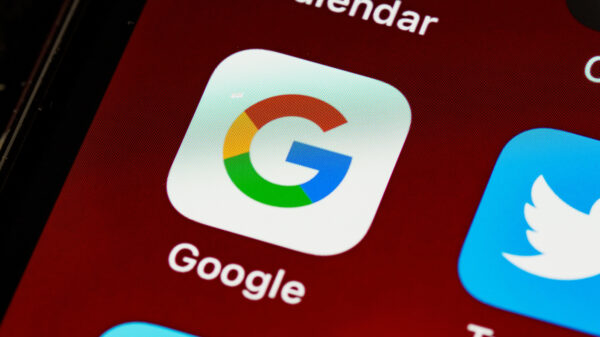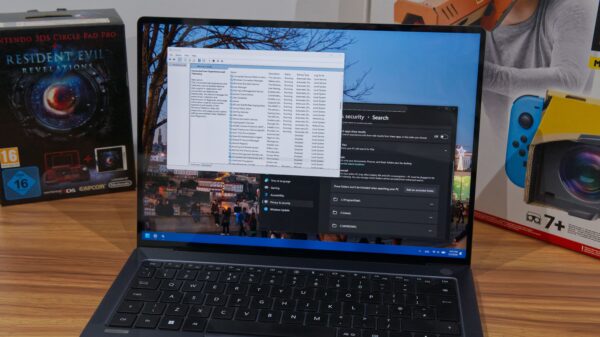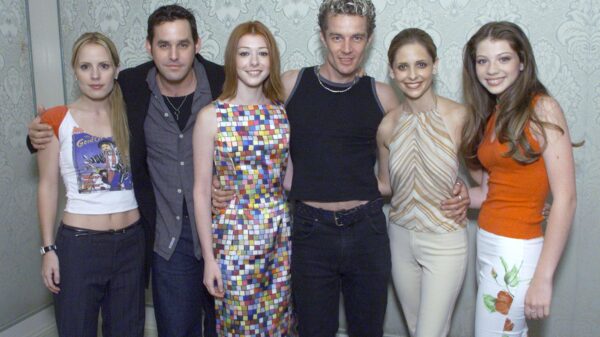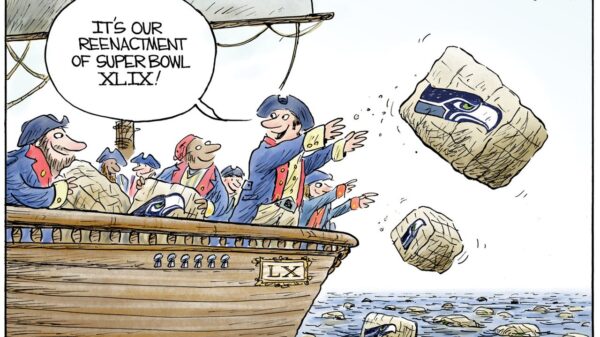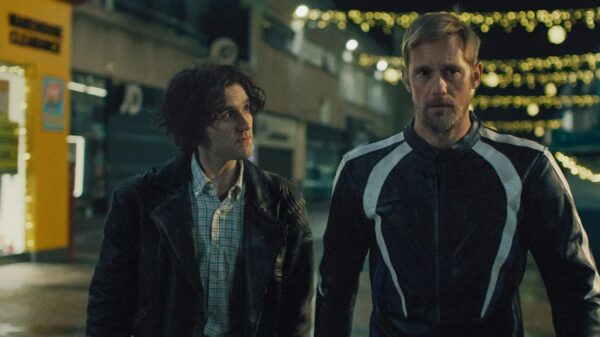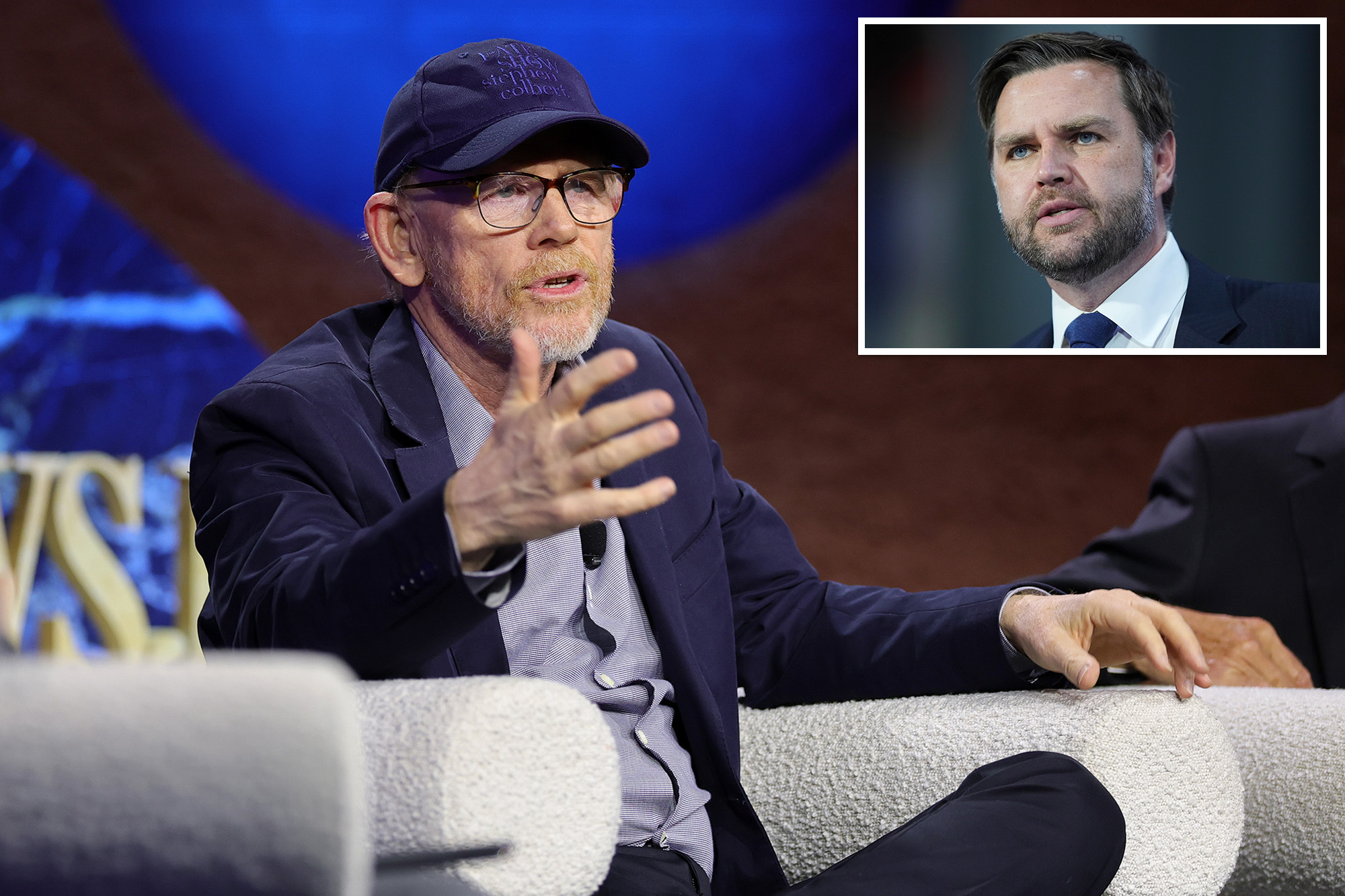UPDATE: Renowned director Ron Howard has shared his unexpected sentiments regarding JD Vance, the controversial Vice President, in a recent interview with Vulture. Howard expressed surprise at the divisive nature of Vance’s public persona, revealing his last text to the politician and reflecting on the legacy of their film, Hillbilly Elegy.
In a conversation published on October 25, 2023, Howard admitted he never anticipated Vance’s rhetoric to become as polarizing as it has. “It remains a bit of a surprise to me,” Howard stated, highlighting his confusion over the stark contrast between the man he worked with and the public figure Vance has become.
Howard’s text to Vance, sent after the election, was brief yet poignant: “Godspeed. Try to serve us well.” This simple message underscores Howard’s ongoing concern for Vance’s impact on American politics and society.
The director disclosed the complexities surrounding Hillbilly Elegy, which premiered in 2020 and is based on Vance’s memoir. Howard noted that the film’s reception has been “a mixed bag,” reflecting a cultural divide among audiences. While critics panned the film, audience ratings remained surprisingly positive, indicating a disconnect in perception.
“I know it’s a mixed bag and probably quite culturally divided,” Howard remarked. He also shared that Vance was “frustrated” by the film’s critical response, believing that his involvement had negatively affected how the film was received. “He loved Glenn Close’s and Amy Adams’s performances but felt the reviews had turned against him,” Howard explained.
As Vance continues to navigate his role in politics, Howard’s reflections provide an intriguing glimpse into the complexities of their relationship and the broader cultural implications of Vance’s rhetoric. The conversation also sheds light on the challenges faced by artists when their work intersects with political figures.
What happens next remains to be seen. With Vance’s controversial statements continuing to make headlines, observers are left questioning how this dynamic will evolve. The implications of Howard’s comments resonate far beyond the film industry, touching on the very fabric of American political discourse.
As this story develops, Howard’s insights could spark further dialogue about the intersection of art, politics, and personal relationships in an increasingly divided society.


